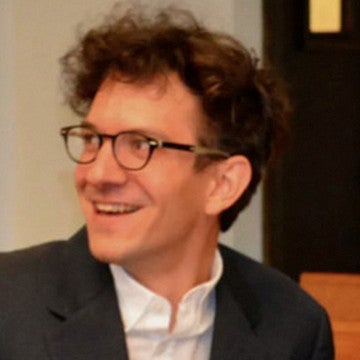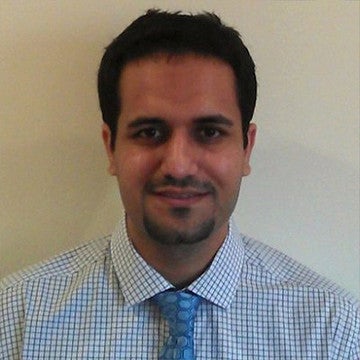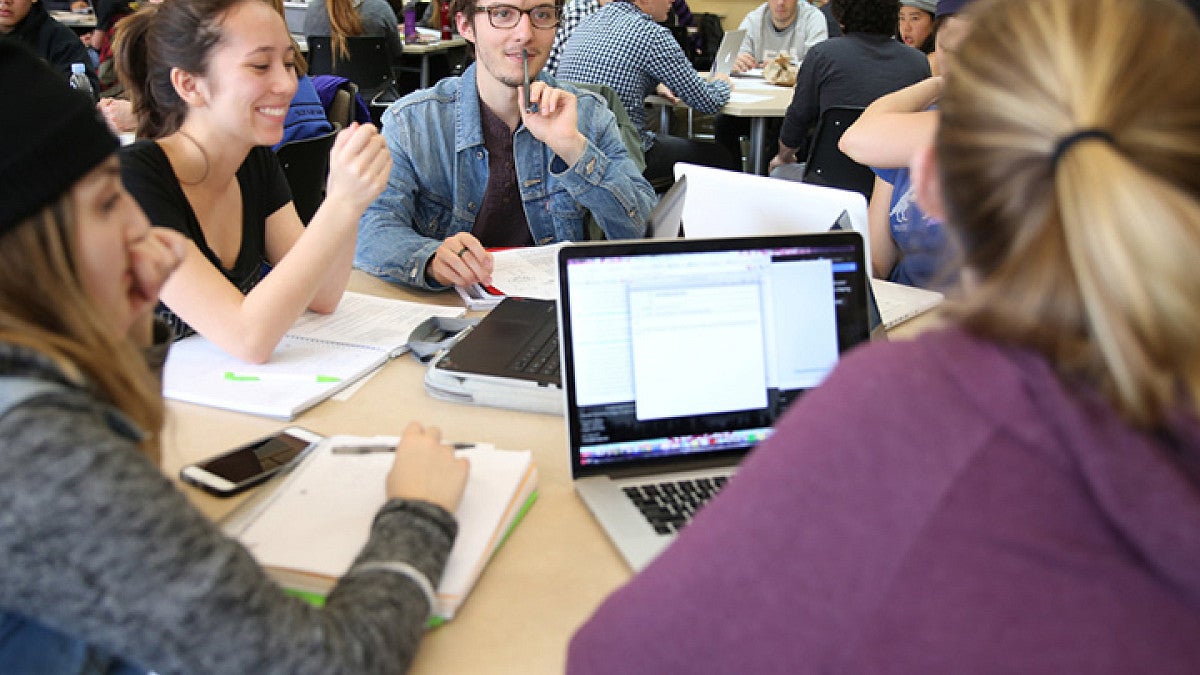Why Study Computer Science?
Graduate study in the Department of Computer Science features courses taught by renowned researchers in the field and research opportunities for students to advance. Coursework includes broad coverage of computer science foundations, systems, and data science, along with a depth specialization in one of the three areas.
Why a graduate degree in Computer Science from the UO?
(Source: CS Rankings for US Universities, 2020-2022)

Master’s Degree
The Master of Science (MS) degree program prepares students for ever-expanding career opportunities. Possibilities range from the development of time-critical software for aerospace applications to the design of graphics and animation software, and implementation and testing of next-generation internet protocols.
Master’s Requirements
Doctorate Degree
The PhD in computer science is, above all, a high-quality degree that is not conferred simply for the successful completion of a specified number of courses or years of study. It is a degree reserved for students who demonstrate a comprehensive understanding of computer science and an ability to do creative research. Each PhD student produces a significant piece of original research, presented in a written dissertation and defended in an oral examination.

Finding your community in Computer Science
“I chose this program primarily because I had a working relationship with one of my advisors from my time as an undergrad and was very excited about a number of projects we had been talking about. I also had taken undergraduate classes with several other professors in the program, and felt like it would overall be a good community to be part of. My main research interests are in understanding network traffic and developing systems based on switch hardware to make it easier and more efficient to gain visibility into network traffic.”
—Chris Misa,
PhD candidate in Computer Science, ‘24
Specializations
Each graduate student in computer science must take coursework to develop and demonstrate depth of understanding in one of three areas: foundations, data science, and systems. This complements breadth coursework and other electives, to provide deeper knowledge in one area alongside a broad foundation in computer science.
Courses
We offer a broad selection of courses covering the core areas in computer science. Our advanced courses are organized into several tracks to guide student elective choices. A sequence of cybersecurity courses is offered as a specialization track. All courses emphasize experiential learning with hands-on projects, live deployments, and in-class coding, preparing students to step into successful careers.
Funding Your Graduate Studies
A small number of endowed awards and fellowships are available from the department, in addition to opportunities through the College of Arts and Sciences, and the university. Financial aid offered by the Department of Computer Science takes the form of teaching or research fellowships. Most doctoral students are supported by research fellowships, funded by research grants from the National Science Foundation, National Institute of Health, industry sponsors, and other organizations.
Prepare for the Professional World
Computer science graduates go on to exciting careers in academia and industry. Some of our recent graduates now work at Amazon, Cal State Fullerton, Colorado College, Facebook, Livermore National Laboratory, Oakridge National Laboratory, Pipeworks, Ripple, Qassim University, Sandia National Laboratory, Snapchat, Inc., UC San Diego, and UNC Charlotte.
Career and Professional Development

Finding your community in Computer Science
“Looking back to my PhD time at the University of Oregon reminds me of the beautiful campus, the awesome nearby breweries, and UO’s welcoming and supportive culture. My PhD research was on adversarial machine learning (ML), where I learned how to mitigate weaknesses of ML algorithms and had the opportunity to contribute to the field of adversarial ML. Analogically, my research taught me that life is a big Stackelberg game. It made me think about what could ever go wrong in real life and how to plan to prevent it. These factors formed my future as an ML scientist, a problem solver, and a critical thinker. Also, as a result, designing reliable and robust ML algorithms is the focal part of my career today.”
—Ali Torkamani,
PhD in Computer Science, ‘16, Senior Machine Learning Scientist at Amazon

Our Graduate Students
Graduate students in Computer Science at the University of Oregon care about each other. When you need help moving, watching a pet while traveling, or a pickup when your car/bike breaks down, we've got your back. We also do things together, including our weekly social hour at one of Eugene’s many bars, restaurants, or breweries; snowboard/ski trips in the mountains; carpooling to concerts in Portland; or watching opera here in Eugene.
Resources for the Graduate Community

